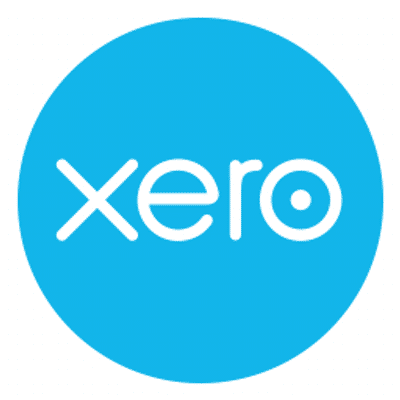Repsly is a Retail Software. Repsly offers Sales Tracking, Returns Management, eCommerce, Customer Database, Inventory Management and many more functionalities.
Some top alternatives to Repsly includes Retail Pro, Retailgraph, DeltaSalesApp, RW3 SmartCall and Spotio.
Yes, Repsly provides API.
Yes, Repsly provides a mobile app.
Repsly is located in Boston, Massachusetts
Repsly offers Free Trial, Subscription, Quotation Based pricing models
Yes, Repsly can integrate with Quickbooks, Xero, Freshbooks, Zoho CRM and many more.You can find more integration for Repsly here
The starting price of Repsly is $29/User/Month when Billed Yearly



























